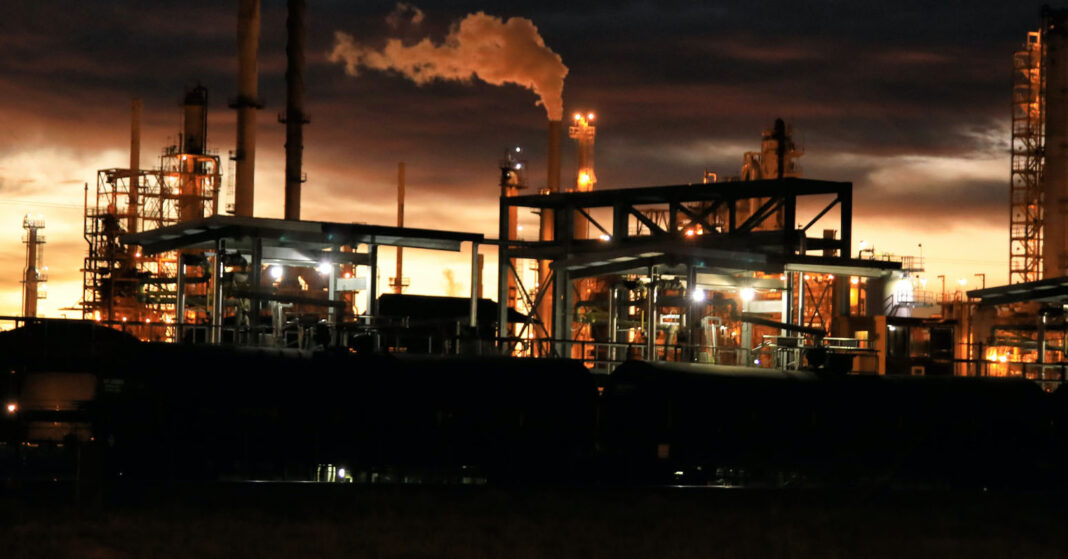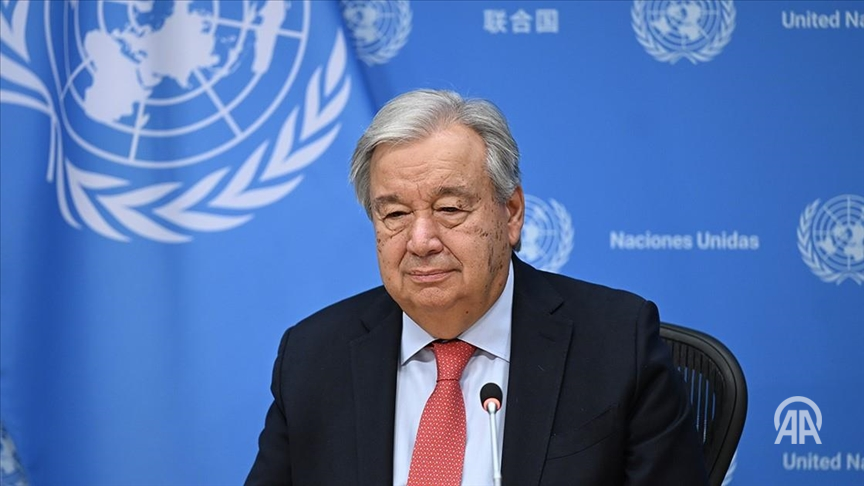By The Sampadak Express
Oil prices soared and Asian stock markets tumbled on Monday as the United States formally entered Israel’s conflict with Iran, striking multiple Iranian nuclear facilities over the weekend. The move has rattled investors, sparking fears of a wider regional conflict that could disrupt global oil supplies and destabilize financial markets.
Brent crude, the global oil benchmark, spiked as much as 5.7% at market open before settling at a 2% gain, reaching $81.40 per barrel its highest price in five months. The escalation in the Middle East has raised the risk of disruption to the Strait of Hormuz, a critical oil shipping route through which nearly 20% of the world’s oil supply passes.
In the immediate aftermath, Asian financial markets reacted negatively. Japan’s Nikkei 225 fell by 0.56%, South Korea’s Kospi declined by 1.05%, and Taiwan’s Taiex dropped 1.5%. Other regional markets also saw declines, including Australia’s ASX 200 (–0.76%), Hong Kong’s Hang Seng Index (–0.14%), and China’s CSI 300 (–0.4%).
India’s key benchmarks also slipped, with the Nifty 50 and BSE Sensex both down by 0.8%.Meanwhile, US stock futures pointed to a lower open. S&P 500 futures fell 0.4%, while Nasdaq futures dropped 0.6%. The US dollar strengthened slightly, rising 0.3% amid a flight to safety.
The Iranian government has warned of “everlasting consequences” following the US attack, with Tehran leaving “all options open” in its response. The Iranian parliament has already voted to close the Strait of Hormuz, a decision now awaiting approval from the Supreme National Security Council, led by a top aide to Supreme Leader Ayatollah Ali Khamenei.
If Iran follows through with its threat to shut the Strait, analysts warn that oil prices could surge further, placing additional inflationary pressure on global economies particularly major oil importers like China, India, and Japan.“
The situation remains highly fluid, and much hinges on whether Tehran opts for a restrained response or chooses to escalate further,” said Kristian Kerr, Head of Macro Strategy at LPL Financial.
The conflict began on 13 June, when Israel launched airstrikes targeting Iran’s nuclear and missile infrastructure. The Israeli military campaign has reportedly killed nearly 400 people and injured over 3,000, according to Iran’s health ministry.
Iran retaliated with a barrage of missile and drone attacks on Israel, targeting both military installations and civilian areas, significantly damaging infrastructure.
As the world watches closely, the prospect of prolonged instability in the Middle East is causing ripples across energy markets and financial systems, with global leaders urging restraint and diplomatic resolution.





